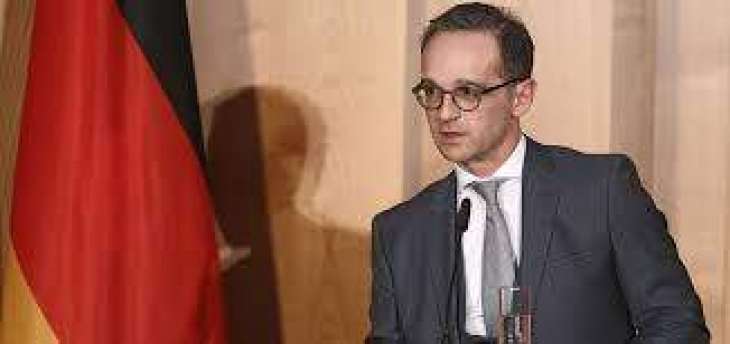The UAE has reiterated the importance of promoting the critical role of women in peace processes at an Arria Formula meeting of the UN Security Council on the potential of National Action Plans for advancing the women, peace and security (WPS) agenda in the Middle East and North African region
NEW YORK, (Pakistan Point News - 26th Jan, 2019) The UAE has reiterated the importance of promoting the critical role of women in peace processes at an Arria Formula meeting of the UN Security Council on the potential of National Action Plans for advancing the women, peace and security (WPS) agenda in the middle East and North African region.
The meeting, which took place on 24th January, was convened by members of the Security Council, Germany, Peru, and the United Kingdom, and presided over by Heiko Mass, Federal Minister for Foreign Affairs of Germany, and Lord Ahmad of Wimbledon, Minister of State of the UK.
"The WPS agenda is a priority for the UAE," Al Shamsi stated. "We are fully committed to the active participation of women in peacekeeping, conflict resolution, and all aspects of building peaceful societies."
The UAE representative recalled the ongoing partnership between the UAE Ministry of Defence, the General Women’s Union, and UN Women to support Arab women who are interested in serving as peacekeepers. He noted that the programme, which will commence in late January 2019, provides women with three months of basic military training along with two weeks of specialised training in peacekeeping. The programme aims to address the deficit of Arab women available for peacekeeping missions by bolstering their capacity and creating a network of Arab women to support peace operations around the world.
Al Shamsi said that the UAE is working to mainstream gender equality and women’s empowerment across its foreign policy and programming, pointing out that by 2021, all of the UAE’s bilateral and multilateral assistance programmes will include a gender equality component. He went on to highlight the UAE’s role in creating the WPS National Focal Points Network alongside Canada, Chile, Japan, and Namibia, to exchange best practices and help countries implement the WPS agenda domestically.
The meeting also featured panellists from Iraq and Lebanon, who provided insights on common barriers to implementing the WPS agenda in the Middle East, and their efforts to overcome these challenges.




